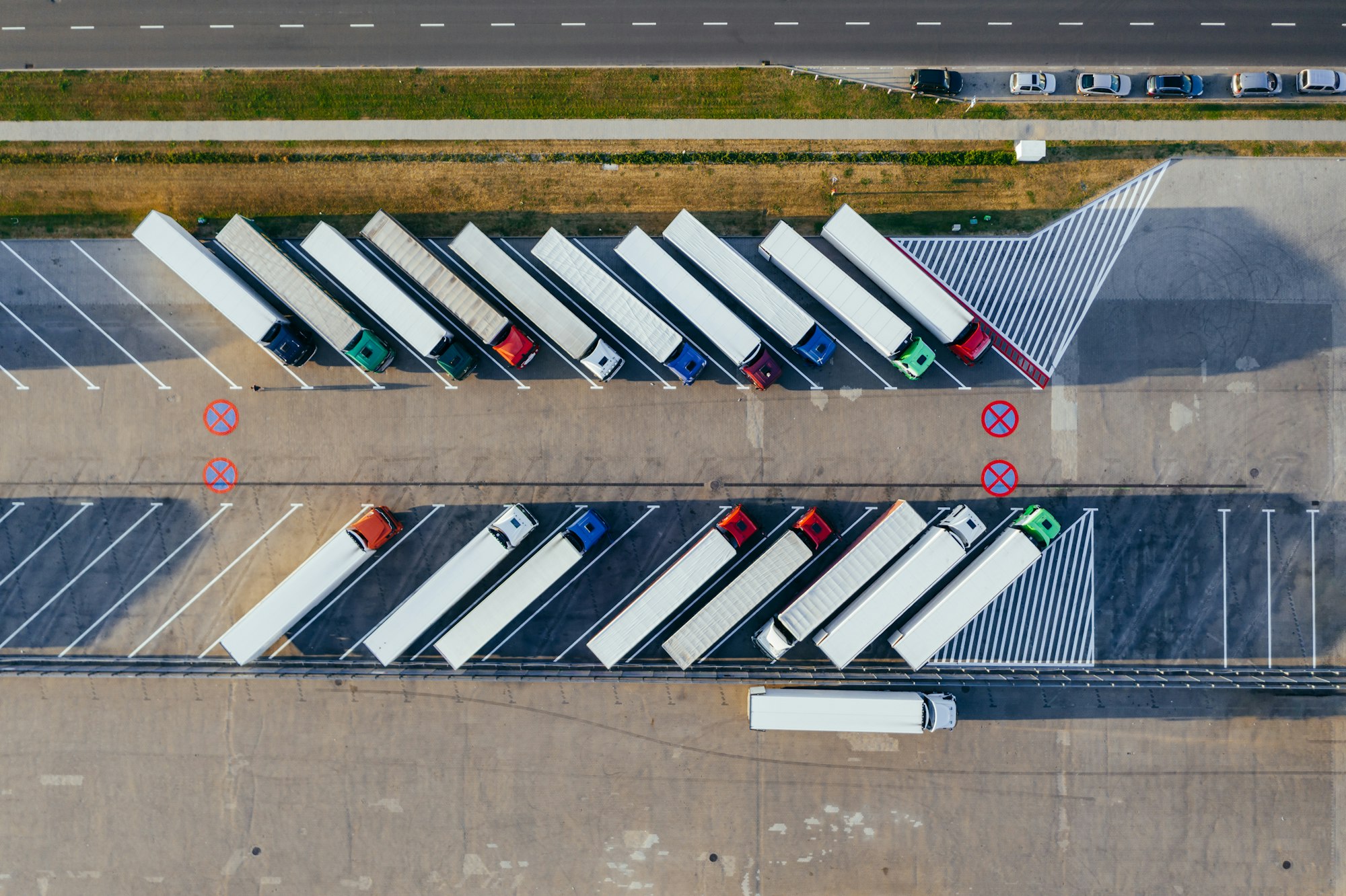Construction Supply Chain and the Baltimore Bridge Collapse

The collapse of the Francis Scott Key Bridge in Baltimore, Maryland has raised concerns about supply chain impacts for construction and agricultural machinery. Traffic through the Port of Baltimore is suspended, leading to short-term delays and potential increases for end users. The port's closure is expected to have a major and lengthy impact on supply chains, with estimates suggesting it may not reopen for more than a month.
Source: Link
FAQ for Construction Supply Chain and the Baltimore Bridge Collapse
Frequently Asked Questions (FAQ)
1. FAQ: What was the direct cause of the Baltimore bridge collapse?
Answer: The Francis Scott Key bridge in Baltimore, Maryland, collapsed after a freight ship crashed into it, as mentioned in the Reuters article.
2. FAQ: How has the Baltimore bridge collapse affected the construction industry?
Answer: The collapse has disrupted supply chains connected to the construction industry by affecting the transport of heavy construction equipment and building materials that pass through the Port of Baltimore, as discussed in the Forbes and Washington Post articles.
3. FAQ: What types of cargo are most affected by the bridge collapse?
Answer: High volumes of auto imports, farm and construction machinery, and around 20% of US coal exports that pass through Baltimore are most affected, as noted by NPR and Material Handling & Logistics News.
4. FAQ: How are supply chains being affected by the Baltimore bridge collapse?
Answer: Supply chains are experiencing disruptions with the temporary standstill of operations at the Port of Baltimore, leading to the diversion of certain imports and exports to other ports, possibly causing delays and additional logistical challenges, as mentioned by NPR and The Guardian.
5. FAQ: Will the Baltimore bridge collapse impact the availability and prices of construction materials?
Answer: There is potential for the collapse to affect the availability and costs of construction materials. With the disruptions in shipping traffic and supply chain delays, there might be a shortage of materials which can drive up prices, as suggested by the content from the National Association of Home Builders.
6. FAQ: Are there any steps being taken to mitigate supply chain issues due to the bridge collapse?
Answer: The US supply chain task force is set to discuss the implications of the Baltimore bridge collapse, which indicates that strategies and measures will likely be developed to mitigate the impact on supply chains, including those relevant to the construction industry, as reported by Reuters.
7. FAQ: What is the expected timeline for recovery and rebuilding after the collapse?
Answer: The specific timeline for the recovery and rebuilding efforts following the bridge collapse has not been detailed in the articles provided. Recovery timeframes would depend on the extent of the damage and the speed of cleanup, investigation, and construction work.
8. FAQ: How can the construction industry adapt to supply chain disruptions from such incidents?
Answer: The construction industry can adapt to supply chain disruptions by seeking alternative supply routes, working with local suppliers where possible, utilizing inventory reserves, and pushing for innovation and community unity for resilient recovery, as explored by LS-USA’s contractor blog.
Please note that the answers provided are based on the contents of the search results as of the knowledge cutoff date.

